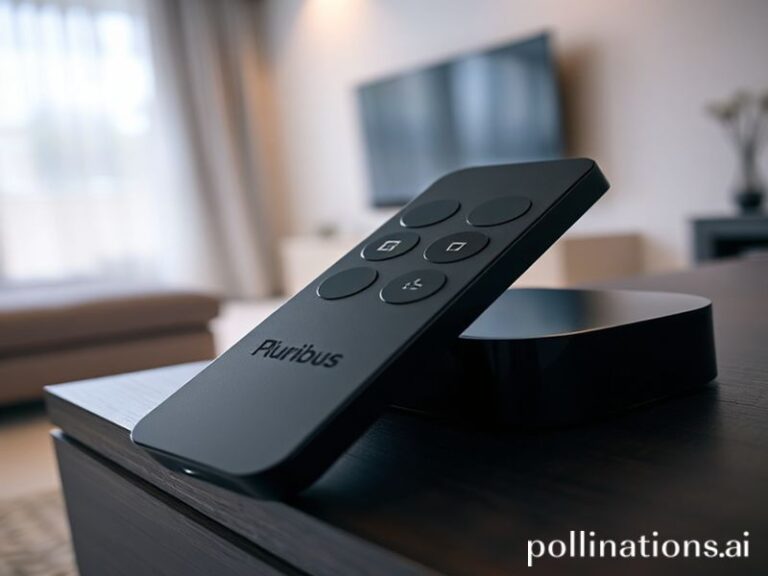King Princess: The Pop Monarch Ruling a Post-Nation World, One Heartbreak at a Time
King Princess and the Royal Mess: How a 26-Year-Old Pop Sovereign Became a Global Thermometer
Somewhere between the fall of the Berlin Wall and the rise of TikTok, the planet decided it craved a monarch who could sing about heartbreak while dressed like a thrift-store Habsburg. Enter King Princess—born Mikaela Straus, heir to the multi-generational playlist of privilege and pop—to preside over a court where Spotify streams count as landed titles and every breakup ballad is a treaty negotiation with the algorithmic overlords. From São Paulo rooftops to Seoul subway ads, her brand of queer-inflected, lo-fi confessionals has become the lingua franca for a generation that treats heartbreak like a tradable commodity and gender like a choose-your-own-adventure novel.
Take Mexico City, where last November the Zócalo briefly flickered with the purple glow of a King Princess light show synced to “1950,” a song whose retro title belies the thoroughly 21st-century fact that it charted in 37 countries on the strength of memes, not radio. Local station executives, still clutching their Amor 95.7 playlists like rosaries, grumbled about “imperialismo cultural,” then booked her for Corona Capital faster than you can say “soft-power export.” In a country where femicide statistics read like medieval battle reports, a Jewish-American lesbian crooning about stolen kisses somehow feels both subversive and soothing—proof that globalization can occasionally deliver something more useful than McRib sandwiches.
Meanwhile, in Seoul, the government’s Ministry of Gender Equality and Family—an outfit whose name alone sounds like a King Princess concept album—quietly used her lyrics in a 2023 anti-bullying campaign aimed at high schools. The posters featured the line “I hate it when dudes try to chase me” translated into hangul, alongside cartoon boys rendered in soft pastels. The irony, of course, is that South Korea’s actual princes (read: male K-pop idols) are contractually forbidden from dating lest they puncture the lucrative illusion of availability. King Princess, by contrast, monetizes the puncture.
Across the Atlantic, the European Commission’s Creative Europe program just funneled €2.3 million into “Queer Pop Futures,” a grant scheme whose glossy brochure features a photo of Straus lounging on a velvet chaise longue shaped like the EU flag. Officials claim the initiative will “foster cross-border solidarity among LGBTQ+ youth,” though cynics note the real goal is to keep American streaming platforms from colonizing the continent’s earbuds entirely. Never mind that the chaise longue was Photoshopped—symbolism, like sovereignty these days, is mostly a matter of good lighting.
Even the Kremlin seems flummoxed. After Russia banned “LGBT propaganda,” state media tried to dismiss King Princess as “decadent Western noise,” only to discover bootleg merch flooding Moscow markets with Cyrillic knock-offs of her “Pussy Is God” hoodies. Nothing undermines authoritarian messaging quite like black-market capitalism humming the hook from “Talia” while the cops look the other way for a bribe equivalent to two Big Macs.
Of course, the crown weighs heavy. Straus must simultaneously be queer enough for the activists, catchy enough for the algorithms, and palatable enough for the brand partnerships that keep the tour buses rolling. It’s a precarious monarchy, one where abdication is just one underperforming single away. Yet in a world where actual monarchies are reduced to Netflix cameos and elected leaders tweet policy from the toilet, perhaps a pop sovereign who admits she doesn’t have the answers is the most honest head of state we deserve.
When the lights dim at her next arena show—be it in Singapore, Stockholm, or Santiago—thousands will raise their phones like tiny stained-glass windows, praying to the glow of a 26-year-old who turned bedroom demos into foreign policy. And for three minutes and twenty-seven seconds, the kingdom will hold together, a fragile empire stitched from heartbreak, bass lines, and the shared delusion that a song can still save us. Then the track ends, the house lights rise, and everyone shuffles back to their respective national crises—slightly lighter, slightly lonelier, and already queuing the next anthem.







